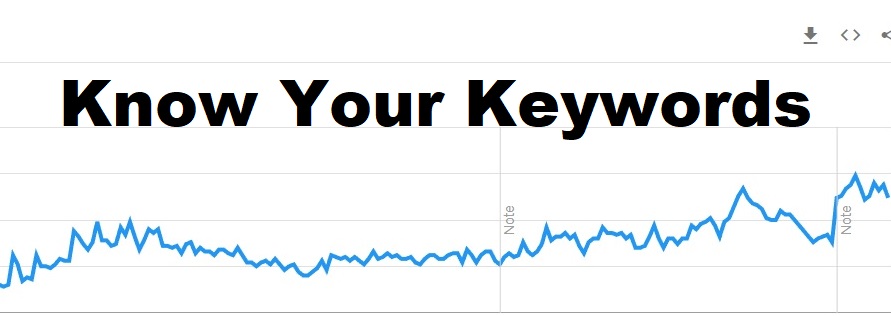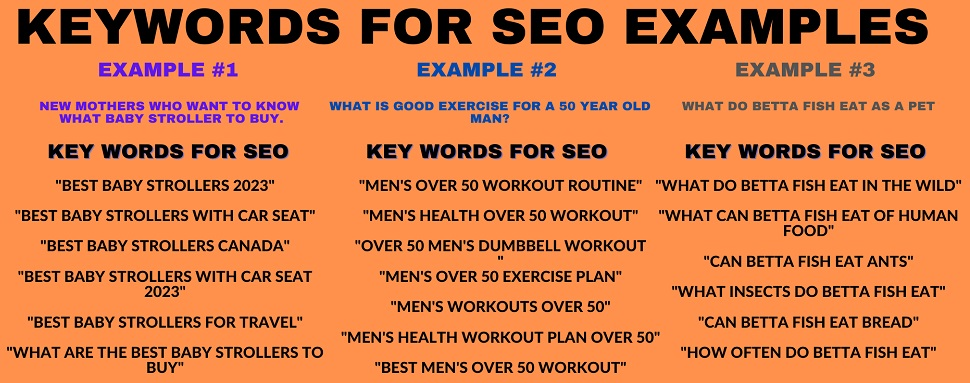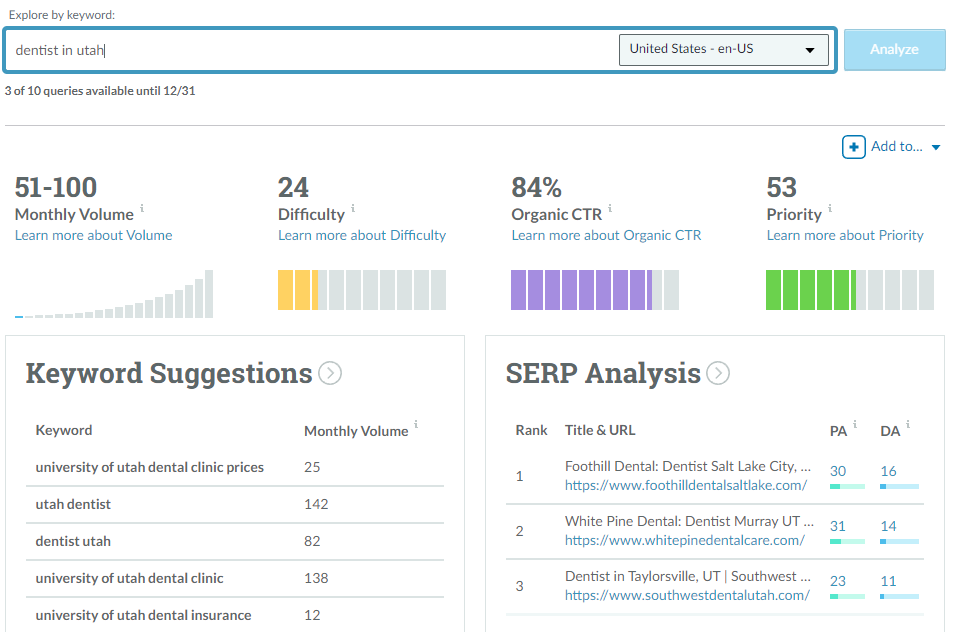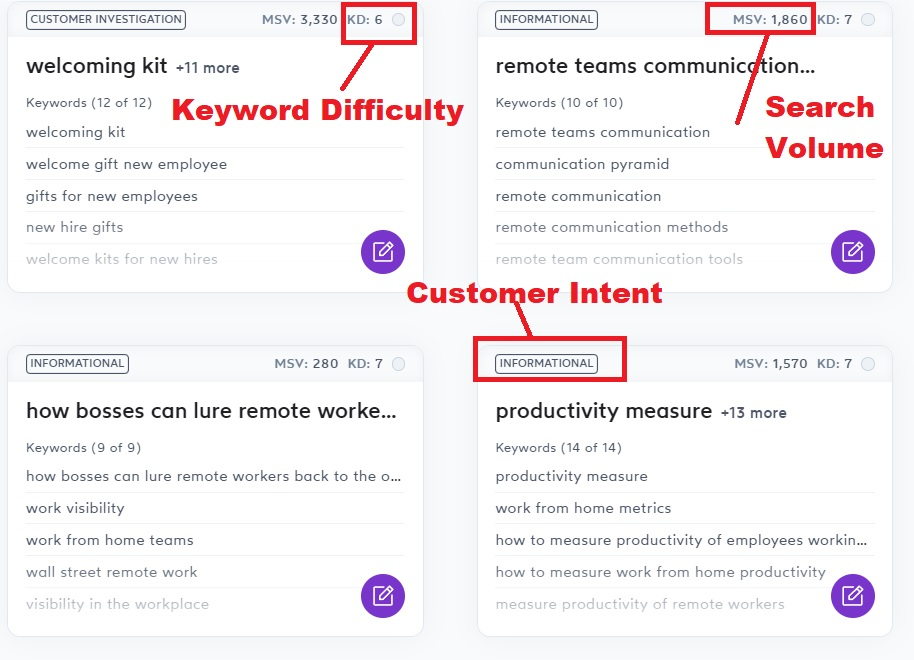Utilizing keyword research on Google can help to make your online presence more strategic and efficient.

To make money online you need website traffic to your offer.
To get free organic traffic you need to rank in the search engines.
To rank your website in the search engines you need really good Keyword Research specifically for Google!
You need to learn the right skills starting with the terminology and purpose of keywords and their intentions with Search Engine Optimization (SEO).
To be successful with free organic search engine traffic, knowing what keyword research to invest time or money into is vital.
Shocking truth # 1 is that beginners in SEO keyword research do it wrong!
How? Most do not have a keyword research process!
Do you? It’s ok to say no if you’re a beginner.
I will show how Keywords and SEO work best together so that you can use this on your own site to get traffic for free.
It all starts with finding specific keywords that have very low search volumes.
How to Find Seed Keywords

1. Brainstorm
List out potential keywords you feel will best describe your content. For example, if your content is about “Baby Strollers” list out all words related to that word like; light baby strollers, best baby strollers, and cheap baby strollers.
2. Research the competition
For each keyword see how hard it will be to rank in the Search Engine Results Page (SERP). Are there big sites with tons of Expertise, Authoritativeness, and Trustworthiness (EAT).
3. Identify the keyword difficulty for each keyword.
4. Choose seed keywords with a high search volume and low competition.
5. Use keyword research tools to find related keywords for the target keyword you want to rank on Google for.
6. Identify long-tail keywords that are easier to rank for than the seed keywords.
7. Create content around the chosen seed keywords and related keywords.
8. Optimize your website and content for the chosen seed keywords.
9. Promote your content to reach a wider audience and attract organic traffic from search engines.
10. Monitor your website’s search engine rankings to track your progress over time
Keyword Research in SEO Examples
Keyword research is a critical step of Search Engine Optimization (SEO).
The goal is to find the right keywords that search engines find helpful to a target audience.
Planting those “seed keywords” into your content strategy will help rank your article in the search engines.
Helping to create an imaginable picture of who your target audience is and what sort of search queries they use when looking for content online.

Knowing which words or phrases people are searching for can provide valuable insights on how to optimize your website so that it rises to the top of the search results page.
With the right keyword research, you can select keyword phrases and related keywords that best describe your services or products.
When you determine which ones are being used by people searching for information related to what you offer use these in your content.
This brings me to my next point.
Where Should Keywords Be Placed?
It would be best if you placed the right keywords in all the right places in your article. This will help search engines find your document.
Meta Title
This is your article title. The closer to the front of the title the better!
Example: Best Baby Stroller in Canada For Under $300
Meta Description
This is what searchers see when they’re looking at the search engine results page (SERP).
Example: The Best Best Baby Stroller for the price, according to new mothers who have used them.
Your Images
Place your keywords in your picture’s ALT text. This tells the search engine what each picture is about.
Your Content
Next, place your seed keyword at least once in your article content within the first few sentences.
These really aren’t “Tips” this is search engine marketing 101 and every SEO strategy uses this as a minimum.
Note: The internet is changing and search algorithms are getting smarter. Now there are many other factors that can affect better rankings in Google searches and you need to learn these too.
What Are Keywords for Beginners

As a do-it-yourself beginner in SEO choosing the right keywords related to your content is key!
So the first step is to learn what keyword ideas will work best for you.
Here are the main keywords you need to learn and understand to be able to apply them to your SEO strategy.
Long-tail keywords
Long-tail keywords are a combination of words used to target specific phases in the search engine marketing space.
As an example, the best blue-colored wagon with rubber wheels is a long tail keyword.
This term is long and specific and will have less search volume.
It’s these long-tail keywords that can be very beneficial to SEO because they are more precisely tailored to a target audience, thus providing more qualified traffic.
Short-tail keywords
Short-tail keywords are phrases that contain three or fewer words.
For example, Red toolbox. These keywords are often the most searched and have the most competition.
Most SEO strategies will tell you to only use these keywords if you for certain there is no competition.
Short-tail keywords are considered broad terms, that are highly competitive, such as “digital marketing”, which can mean many things.
LSI keywords
LSI keywords, or latent semantic indexing keywords, are simply words and phrases that are related to the main keyword that you are trying to rank for.
These LSI keywords help search engine algorithms identify what your webpage is about so it knows when to show it in organic search results.
LSI keywords can be used as anchor text in internal and external links, meta descriptions, headings, and content throughout the page.
Additionally, LSI keywords often appear on websites with high-ranking content, so incorporating them into your website will allow you to appear more relevant in searches.
Product keywords
This a very self-explanatory keyword. These are words or phrases used to identify products that people are searching for.
For example, Google Pixel 7 Pro is a product keyword that provides the searcher with useful search results quickly and accurately.
Product keyword research on Google should be relevant and descriptive in order to attract customers that are truly interested in the product.
Combine this with a long-tail keyword for some amazing search rankings. For example, Google Pixel 7 Pro black Friday Sales Best Buy.
Locational keywords
Locational keywords are words or phrases that identify the geographical location of a business and are used to target local customers.
An example is Best Dentist in Salt Lake City Utah.
They can be used in content marketing, pay-per-click ads, website copy, and other digital content to target people from a specific region who are likely interested in the services offered.
Locational keywords are almost always very low competition. This makes it easy to get organic traffic.
Long-term evergreen keyword
These keywords are phrases that generate consistent search interest over time, allowing them to effectively “stand the test of time” without their relevancy deteriorating.
An example would be “How To” guides, tutorials testimonials. These will never change or become less relevant over time.
Related keywords
These keywords are words and phrases that are related to (but also different from) the main seed keyword.
They will include synonyms, closely related variations, or semantically related words.
An example would be the seed word, “Best Dentist in Salt Lake City Utah” and a related version would be “Salt Lake City’s Dental Clinics” or “Compassionate Dental Services”.
Relevant keywords
Similar to related keywords, these would include words that are not directly related but are relevant keywords to the main seed word.
For example, for those looking for “Salt Lake City’s Top Dentists,” a relevant keyword would be “How to
Relevancy is a ranking factor because it tells Google what your page is about.
Where to get Keyword Ideas?
The best place for a beginner to get keyword ideas is to start with some free tools like Google’s Keyword Planner, Google Trends, and Answer the Public.
Most of the other free keyword research tools use the same or very similar data from the free Google keyword planner.
Where do you even start looking?
Let’s start with some free keyword research tools.
Google Keyword Planner

The Free Google Keyword Planner has a few free benefits that can help your SEO.
ABOUT THE Search Volume
First, it shows you the average monthly search volume but this is estimated traffic data.
As a beginner, you may think that the competition data presented is a measure of interest for your given keyword but that data is for paid traffic competition.
This keyword research tool is mainly used to optimize google ads campaigns also known as PPC campaigns (Pay Per Click).
These are paid search campaigns, but starting out I would not recommend starting this without proper training.
But for beginners, it’s a great place to find all the keywords related to your search terms.
Google Trends For Keyword Data
The truth is that “Google Trends” is an invaluable tool for understanding user behavior and helping to create profitable marketing decisions.
Google Trends allows you to evaluate different topics to see which ones are being searched the most at a given time.
It can identify current trends in your niche so you can plan new keywords to write articles about.
These are trends in related topics that searchers have shown interest in.
Recognizing the trends in search intent by analyzing keywords people are gaining interest in will help you stay ahead of the completion.
Now you can build articles that will help people answer questions tailored to their interests.
The keyword planner can be used to help you develop a keyword list that you will use to determine trends in your niche.
Moz Keyword Research Tool

The Moz Keyword Explorer tool is another paid tool but has a limited free option.
The truth is you’ll have to sign up for a free account first but it can help you discover new keywords.
For beginners MOZ is great for showing new keywords and how many searches queries as monthly search volume like a keyword planner.
As I said it is limited but one of the main free keyword research tools it can really help you research keywords that will rank well.
Paid Keyword Research Tools
Yes, there are many expensive, paid keyword tools out there but the truth is you can use some to give you keyword data without paying.
Ubersuggest Keyword Tool
Websites like Ubersuggest can provide helpful keyword suggestions based on a term or phrase you submit.
The truth is it’s limited to only a few results to tease you into paying for the membership.
Later down the road, this paid keyword research tool could really help but for now, as a beginner, I’d suggest sticking the to free tools.
Ahrefs Free Keyword Generator
The truth is it’s not really free either, it is limited but as a beginner, you can use the free tool to analyze keywords.
Rated as one of the keyword research tools on the market Ahfres can show you ranking difficulty.
Is it worth $1000 USD a year…well not when starting out in my opinion.
Surfer SEO Keyword Research Tool

This tool is a paid tool. I bought a one-year subscription for $400 CND.
It can show, keyword difficulty, keyword lists also known as clusters, monthly search volumes, and searcher intent.
All of these are key for you to discover new keywords for building content that will rank fast.
The results I’ve been getting from the Surfer SEO keyword research tool show that keyword research is important for rankings.
If you want to do it yourself then proper keyword research helps if you know what you’re doing.
If you apply a keyword plan similar to what I have listed you will find the top keywords in any niche.
Keep in mind your competitor’s rank is what you are trying to beat.
If you create a landing page with certain keywords that better accommodate the informational search query of monthly searches then you will be doing very well.
You now realize that the best keyword research starts with a given keyword that has search volume but low competition.
And the truth is, the best keyword research tool only works if you know how to choose keywords that will get you to ranks well in Google search.
